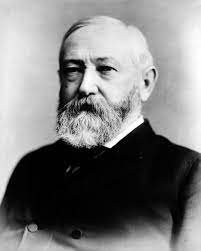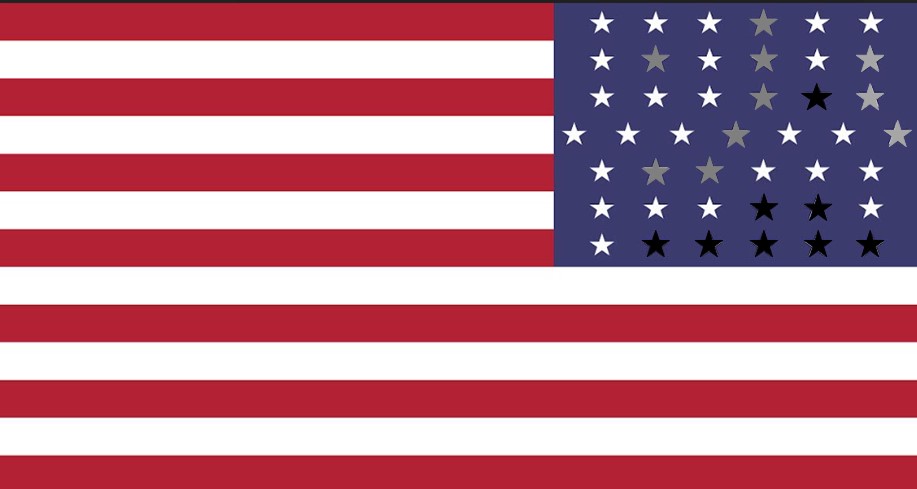Republican (nationalist) de facto President Benjamin Harrison (having received an unlawful advantage of 20 ineligible and 51 stolen Electoral votes) signs the Chace International Copyright Act, extending copyright protections to the works of foreign authors in the United states, in return for foreign governments protecting the works of American authors.
[added 6/17/2022]
Republican de facto President Benjamin Harrison signs the Judiciary Act of 1891, creating the intermediate level Circuit Courts of Appeal to relive the Supreme Court, of the corporate United states, of its backlog of appellate cases from the federal Circuit (trial) Courts. The act also relieves the Justices of the Supreme Court from having to perform “circuit duty” hearing cases in federal trial courts.
NOTE: The more effective way to relieve the judiciary of the myriad of cases it handles is for Congress to confine legislative powers only to those listed in the Constitution for the united States.
[restored 6/17/2022]
Republican de facto President Benjamin Harrison—without a constitutional amendment—signs the Forest Reserve Act, giving the President the authority to preserve lands within the States from development.
NOTE: The States are just as capable of preserving valuable forests as the federal government is.
[added 6/17/2022]
Republican de facto President Benjamin Harrison signs the Immigration Act of 1891, establishing the Bureau of Immigration as a part of the Department of the Treasury. The BfI is given the power to deport “illegal” aliens.
[restored 4/5/2025]
Subsequent Events:
Authority:
Article I, Section 8 [Clause 8]
ccc-2point0.com/constitution-for-the-united-states
Article I, Section 8 [Clause 9]
ccc-2point0.com/constitution-for-the-united-states
Article II, Section 2 [Clause 2]
ccc-2point0.com/constitution-for-the-united-states
“Law of the Jungle”
ccc-2point0.com/preface
References:
Evarts Judiciary Act, 26 Public Statutes at Large 826 (1891).
Calvin D. Linton, ed., The Bicentennial Almanac: 200 Years of America, 1776-1976, (Nashville, Tennessee: Thomas Nelson, 1975), 237.
Judiciary Act of 1891 – Wikipedia
wikipedia.org/wiki/Judiciary_Act_of_1891
List of United States immigration laws – Wikipedia
en.wikipedia.org/wiki/List_of_United_States_immigration_laws
Immigration Act of 1891 – Wikipedia
en.wikipedia.org/wiki/Immigration_Act_of_1891


